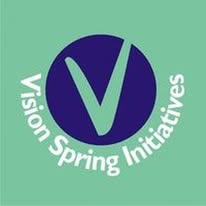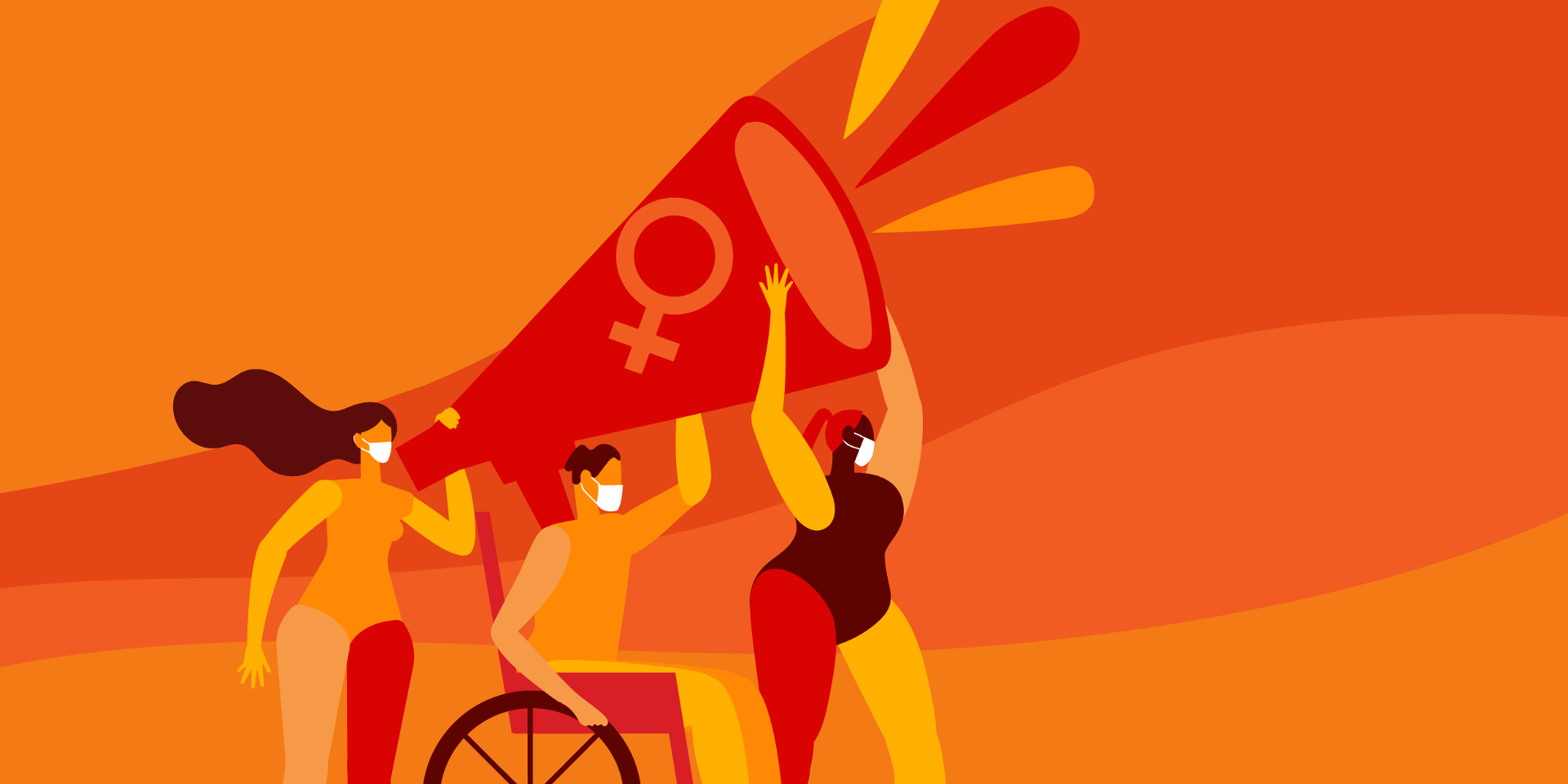
In 2020, the world witnessed an increase in all forms of violence, particularly sexual violence. It witnessed how women and girls all over the world were increasingly abused, and in some cases killed and mutilated. The covid-19 pandemic showed how unprepared the world was towards emergencies including tackling sexual violence and indeed all forms of violence that women, girls, and vulnerable groups have been facing; access to justice was also challenged. Women in developing countries like Nigeria faced the additional burden of poverty, insecurity, abductions, and lack of socio-economic facilities that provide access to choice and safety. It has indeed been troubling times!
This year’s 16 days of activism is the 30th year of the global campaign on ending violence against women.
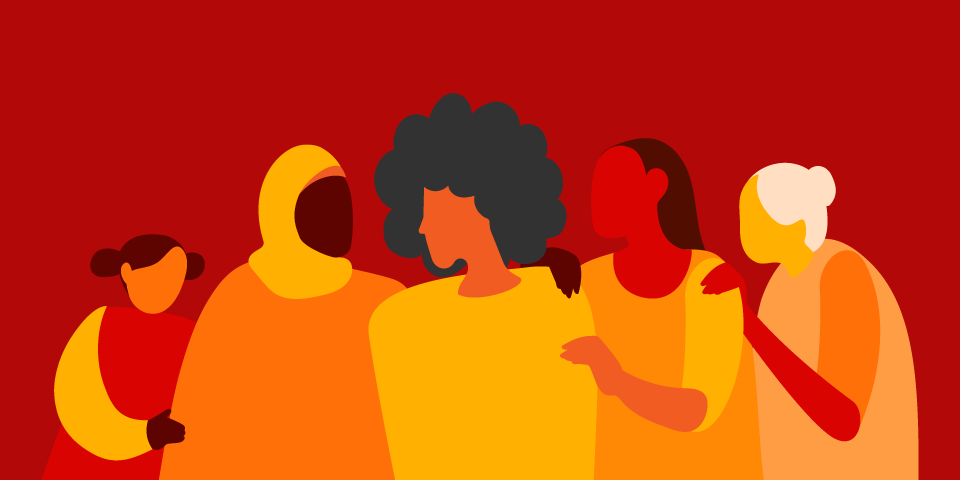
The reality of Nigerian women in all their diversity shows that there is still much work to be done. When the Violence against Persons Prohibition (VAPP) Act 2015 was signed into law by former President Goodluck Ebele Jonathan, it was expected that the law could reduce gender-based violence in Nigeria. This is not currently the reality as many states who have domesticated this law have not established clear guidelines and structures for its implementation and monitoring; to date, about 10 states have not domesticated this law. With the signing of this law, the lives of women and girls have not been safeguarded as we would expect as statistics from 2020 show that 72% of Nigerian women have been sexually abused, 44% of girls are married before 18 years, 30% of women have experienced physical violence by age 15, and 25.3% of women have experienced female genital mutilation.
In 2020, alongside other interventions to eliminate all forms of violence against women and girls, Vision Spring Initiatives developed a policy brief titled Sexual Violence: an epidemic in a pandemic. The policy brief delved into the cases of violence against women and girls during the pandemic and provided actionable recommendations to the government, ministries, and relevant stakeholders.
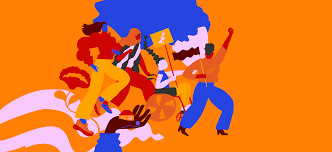
As the world marks 30 years of the global campaign on ending violence against women and girls, it is a critical moment to reflect and challenge the poor implementation of the rights of women and girls. Advocates have been on the front lines campaigning and speaking up for rights realization. These efforts must not be in vain! Women’s access to justice more than ever before has become urgent. We, therefore, demand an accountable system where justice is served. We also recognize that the lives of women with disabilities, women with HIV, women in displaced communities, and lesbian, bisexual, queer, and trans women’s experiences are as valid and deserve as much attention.
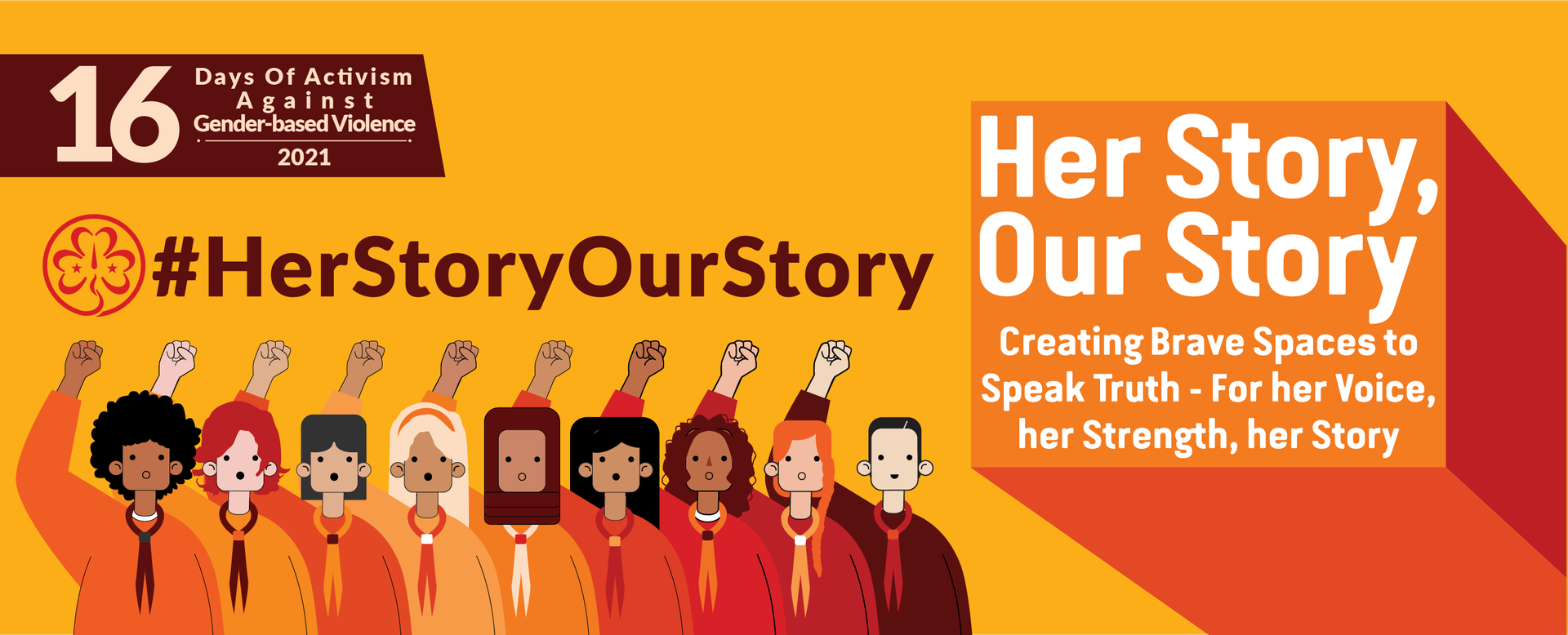
We cannot keep silent in the face of injustice against us and our sisters. Nigerian government owes us a duty of care and protection and this we demand.
Enough is Enough!!!
No life is too small to be defended.
